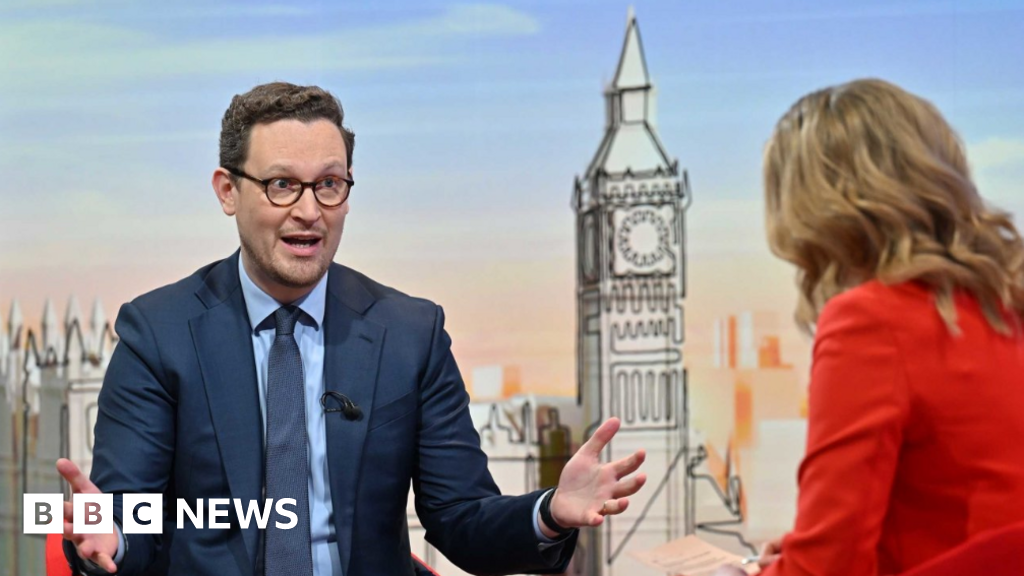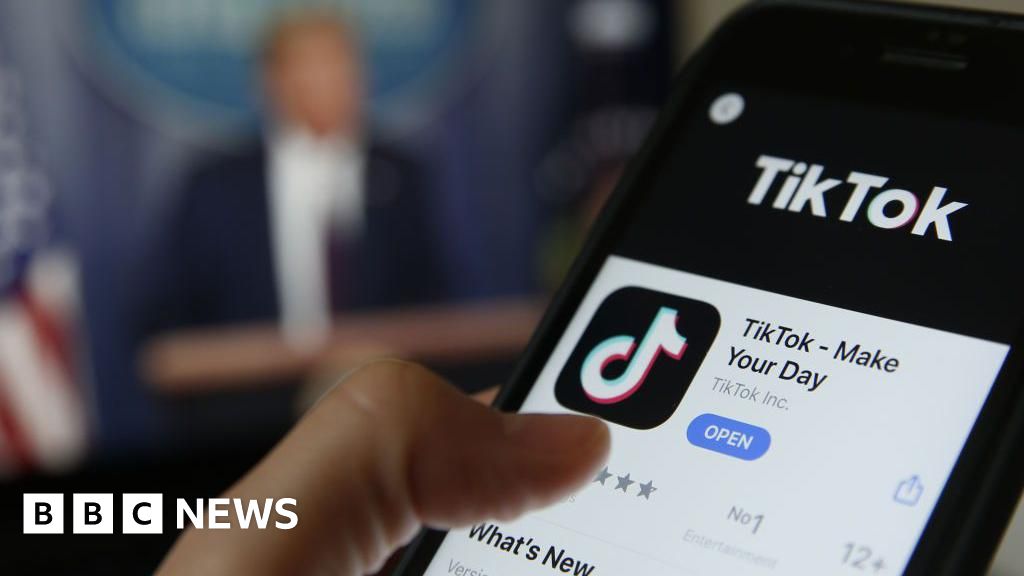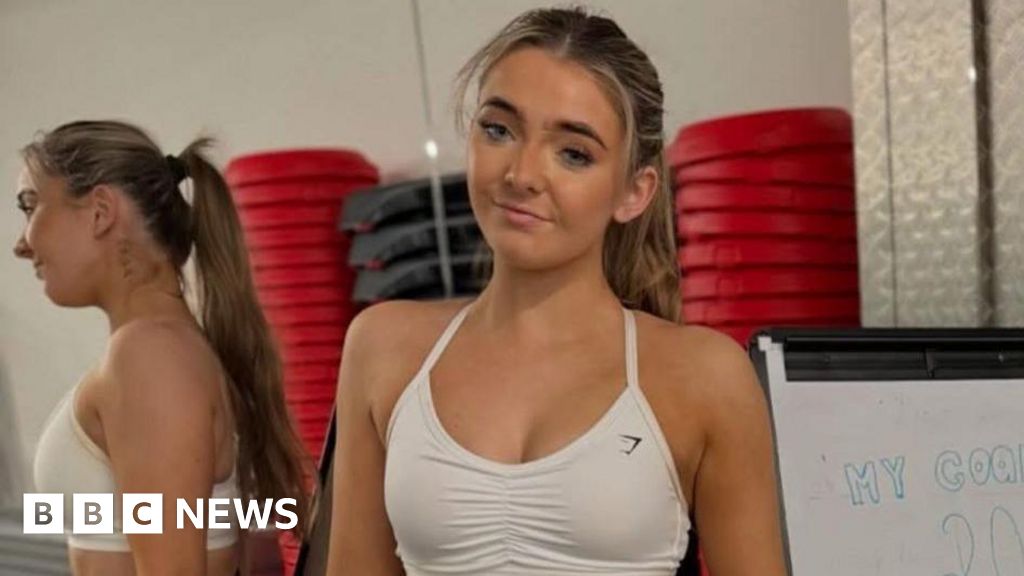ARTICLE AD BOX
The housing market could be heading for a further slowdown if interest rates continue to rise, a housebuilding firm has warned.
Crest Nicholson said potential first-time buyers were struggling in the face of higher borrowing costs and the end of the Help to Buy scheme.
The company called on the government to provide further support to potential homeowners.
Its comments came as it reported a fall in revenues and profits for the six months to the end of April.
Crest Nicholson said trading during this period had been hit by the fallout from September's mini-budget last year, when mortgage rates jumped and lenders withdrew hundreds of deals.
This led to "rapidly falling consumer confidence" and "immediately translated into softer demand in the housing market", it said.
Revenues for the six month period fell to £282.7m, down 22.4% from a year earlier, while pre-tax profits sank 60% to £20.9m.
Despite the poor start, the builder said confidence among buyers had started to return.
However, it said that higher mortgage rates and the end of Help to Buy were preventing some first-time buyers from getting on the housing ladder.
"If interest rates continue to rise, and remain elevated for a sustained period of time, this will undoubtedly exacerbate this issue even further and start to impact demand and confidence again," it said.
"We continue to call on government to recognise this challenge and provide further support to these potential homeowners."
Under the Help to Buy scheme in England, the government provided a loan for up to 20% of a property's value (40% in London) for new-build homes only. However, this closed to new applicants in October last year.
Earlier this week, the Halifax also said higher mortgage rates were hitting confidence after it reported its first annual fall in house prices for 11 years.
Borrowing costs have been rising in recent weeks as lenders predict the Bank of England will raise rates higher than previously thought, from their current 4.5% to as high as 5.5%.
The rises are expected because the rate of inflation - the pace at which prices increase - is remaining stubbornly high.

 1 year ago
76
1 year ago
76








 English (US) ·
English (US) ·